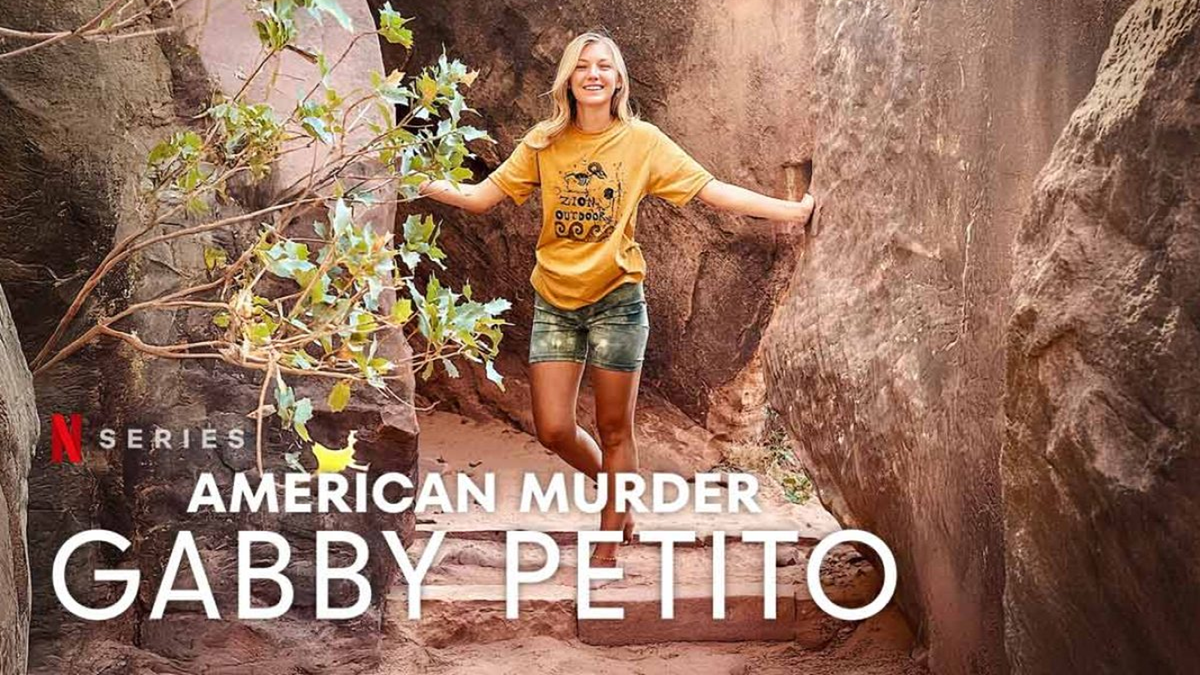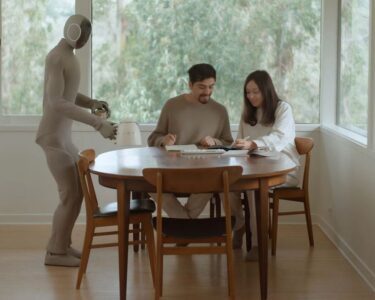- Netflix’s American Murder: Gabby Petito has upset some people for using an AI-generated voice to narrate Petito’s journal entries.
- Despite permission from Petito’s family, critics argue the AI voice raises ethical concerns.
- This isn’t the first occurrence of such debate, and it will likely keep happening as the technology improves.
Netflix’s latest true-crime docuseries, American Murder: Gabby Petito, has stirred up a heated debate over how to deploy AI to mimic the voices of people who have passed away. The filmmakers employed AI to recreate Petito’s voice and have it narrate excerpts from her personal writings, which has reportedly made many viewers feel uncomfortable and raised ethical concerns about using AI to give voice to the deceased.
The three-part series chronicles the 2021 murder of 22-year-old Petito at the hands of her fiancé, Brian Laundrie. It pieces together her final months through interviews, personal videos, and social media posts, evoking how the tragedy happened in real-time on the internet. True crime aficionados famously dissected every frame of Petito’s travel vlogs before authorities found her remains in Wyoming.
At the start of the series, a disclaimer appears: “Gabby’s journal entries and text messages are brought to life in this series in her own voice, using voice recreation technology.” That means the voice narrating parts of the documentary isn’t actually Petito’s but a synthetic recreation made with an AI model. Netflix has said the filmmakers received permission from Petito’s family to do so. That hasn’t stopped some people from vocalizing how eerie the AI-generated voice feels. Social media content creators have racked up hundreds of thousands of views discussing it.
AI ghosts
This isn’t the first controversy over AI-generated voices. Roadrunner: A Film About Anthony Bourdain faced similar criticism when its director revealed that parts of the documentary featured AI-generated narration of Bourdain’s own words. That movie didn’t indicate which bits were narrated by the AI or by Bourdain, which led many to feel that the technique was deceptive.
Filmmaker Michael Gasparro defended the decision in an interview with Us Weekly, saying the team wanted to tell the story as much “through Gabby’s voice as possible.” They had access to a wealth of her journals, notes, and online posts and thought AI narration would bring them to life in a more powerful way. “At the end of the day, it’s her story.”
Technology has always shaped the way we tell stories, but AI presents a new challenge, especially when it comes to memorializing people who can no longer speak for themselves. Robert Downey Jr. has vowed that AI will never replicate him on screen, while James Earl Jones secured a deal with Disney before passing away, allowing them to use his voice for Darth Vader under certain circumstances.
Meanwhile, ElevenLabs has inked deals with the estates of James Dean, Burt Reynolds, Judy Garland, and Sir Laurence Olivier to let it add AI versions of their voices to its Reader app. As deepfake technology and voice cloning become more sophisticated, filmmakers and media companies will have to reckon with how (and if) these tools should be used to tell real-life stories.






